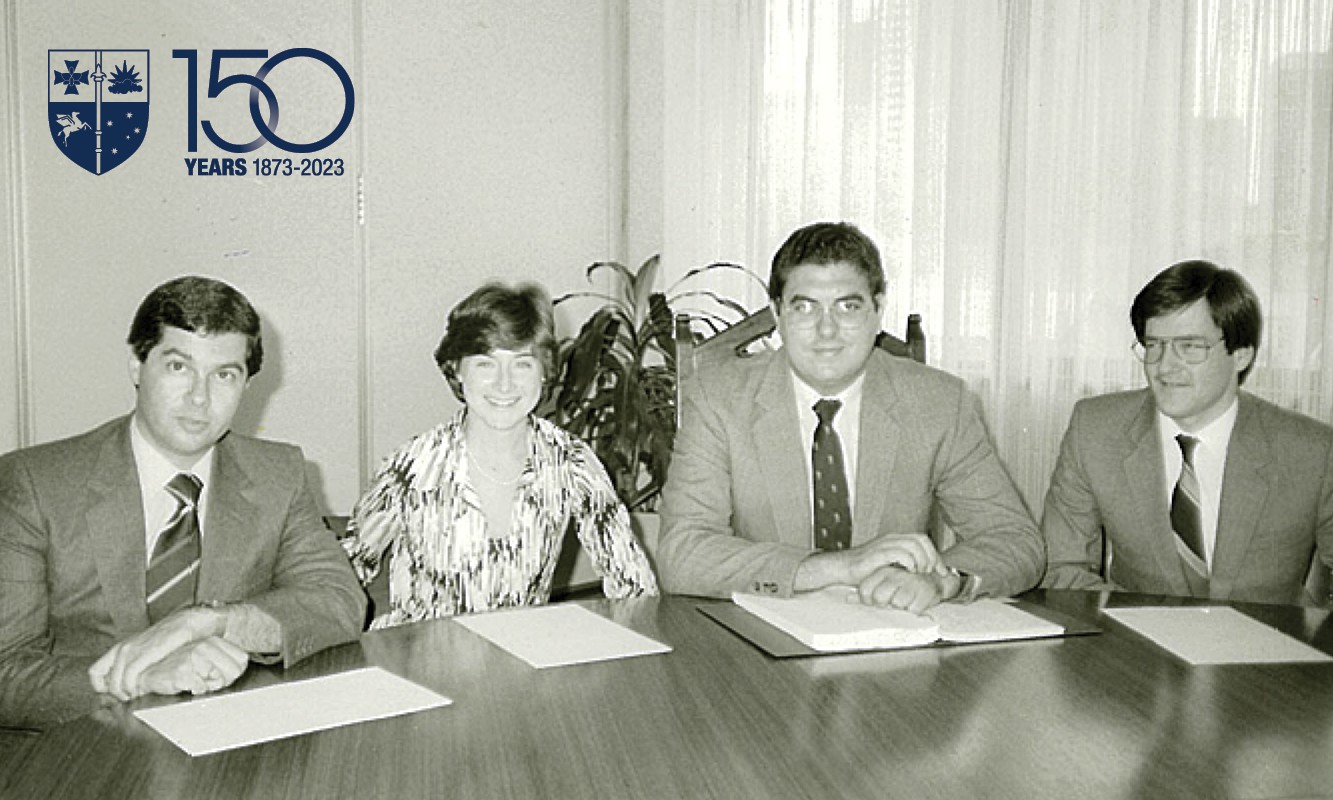Young lawyers can get involved in furthering justice outcomes within society.
Queensland practitioners have been called on to complete the 2021 Access to Justice Survey, the main aim being to determine current barriers to accessing justice and work towards improvement. The feedback received will go towards advocating for action to appropriately direct resources allowing for practical legal representation and assistance.
Community Legal Centres Queensland (CLCQ) defines ‘access to justice’ as meaning that “all people, regardless of their background or present circumstances, should be able to access sufficient assistance to enable them to know, understand and stand up for their rights”.
CLCQ Director Rosslyn Monro acknowledges the resourcing difficulties community legal centres (CLCs) face in meeting every community demand, however emphasises the benefits volunteering at local CLCs can produce for early career lawyers.
“On an individual professional level, involvement in a community legal centre can result in significant professional development and fulfilment,” she said.
A recent survey of CLC volunteers indicated the vast majority of volunteers experienced enhanced career prospects. It was also shown to bring about unique opportunities to build volunteers’ experiences in new and varied areas of law.
Along with volunteering at CLCs, Rosslyn suggests young lawyers encourage their colleagues and workplaces to become involved and also consider helping to raise funds for local CLCs. Early career lawyers may also consider undertaking pro bono legal work, or working with other not-for-profit services and global organisations to improve justice outcomes.
UQ Pro Bono Centre Director Mandy Shircore suggests young lawyers have the opportunity to use their technological experience to help improve community’s access to the justice system.
“I think it is an exciting time as a young lawyer as technology is allowing us to move away from traditional ways of providing legal service, encouraging new ways of service delivery within models that have access to justice as a key goal,” she said.
Further, Mandy acknowledges the nation’s increased technology usage in recent times.
“We have seen through the COVID-19 pandemic how well the legal profession, courts and justice system were able to adapt to technology to continue to provide legal services.
“We need to learn from the successes and ensure that technology can be used to reach the people, particularly in regional, rural and remote areas who have limited access to justice.”
Queensland Law Society is seeking feedback from practitioners through this year’s survey which serves to determine the key barriers faced when accessing justice. Participate in the 2021 Access to Justice Survey and have your say to help further justice outcomes for all.











Share this article